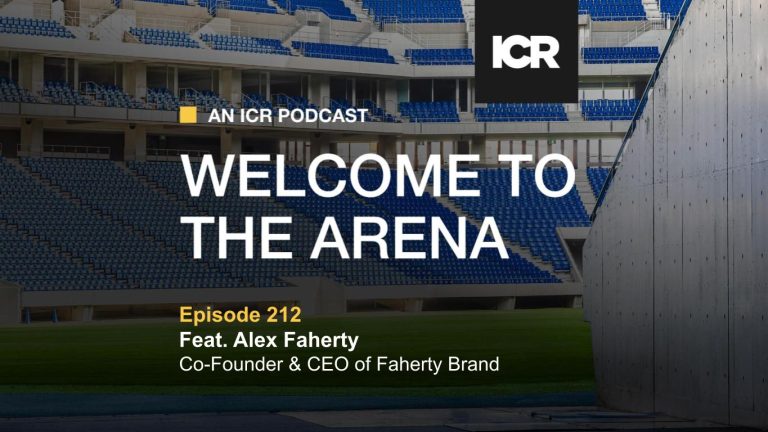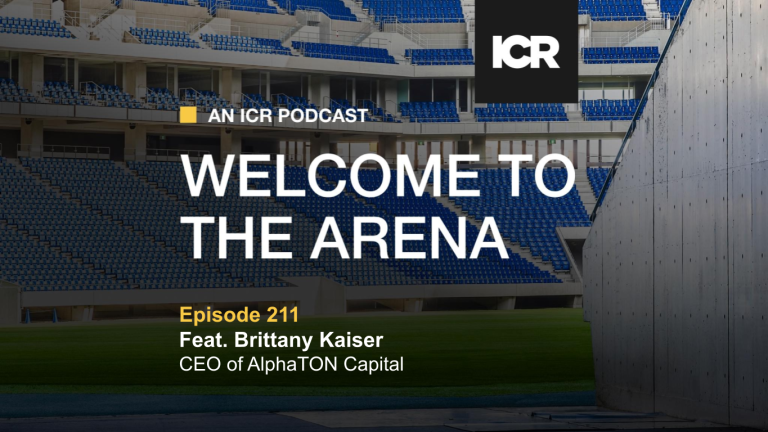The rise of artificial intelligence – both in its investment and adoption – is driving markets. 41% of the S&P 500 companies mentioned AI in their most recent 10-K report. Yet, only around 5% of American firms of all sizes said they use AI as of February 2024. While companies opine on the promise, risks, and opportunities of AI, there remains a large gap in the successful deployment of AI tools in day-to-day business. That gap presents opportunities for investors, particularly shareholder activists.
AI tools, by definition, are meant to enhance performance, improve efficiency, reduce costs, and accelerate the pace of innovation, to name a few. Words ripped straight from the activist handbook. Activists often target operational improvements at public companies to achieve those goals, which include cutting redundant costs and optimizing marketing & advertising spend with the goal of driving margin improvements.
Activists already have a playbook to turn to: L’Oreal, one of the world’s largest cosmetics firms. While L’Oreal has never had a public activist engagement, it exhibits how AI tools have been used to help achieve ends typically sought by activists.
L’Oréal leverages its rich database encompassing skin and hair knowledge, formulation science, and beauty routines to form stronger relationships with consumers, understand their needs better, and provide elevated services and personalized beauty experiences at scale.
L’Oréal integrates more than 10 different LLMs and a sophisticated architecture to create personalized beauty routines adapted to each individual. One of these tools, the “Beauty Genius,” acts as a personal beauty advisor, available 24/7 answering questions about beauty routines and even sensitive topics without having to speak to a real person, such as acne, dandruff or hair loss. Behind the seamless experience, it’s powered by a combination of generative AI, augmented reality, computer vision and color science. The Beauty Genius is capable of providing a personalized diagnostic of both skin and skin tone.
L’Oréal uses AI for more than customer interaction- the Company adopted artificial intelligence is its recruiting and the hiring process. For about 15,000 openings a year, L’Oréal must process nearly a million applications and now uses AI in a variety of ways to free up their HR team’s time. In one instance, the Company’s recruiters believe they saved 200 hours of time to hire 80 interns out of a pool of 12,000 candidates.
These measures are driving real results. L’Oreal claims that generative AI is already generating Advertising and Promotion productivity increases of up to 10-15%. According to the Company’s last Annual Report, year-over-year operating profit increased by 9.2%.
These significant margin improvements would make most activist hedge funds salivate.
It’s not surprising that L’Oréal has outperformed its peers on Total Shareholder Return looking back on a 1-Year, 3-Year and 5-Year basis (standard measures of relative performance in a proxy contest).

Source: Factset
Of course, it would be inaccurate to isolate L’Oréal’s outperformance to the integration of AI tools. That said, the Company’s investment and successful integration of AI – which appears to have started as far back as 2018 – indicates a forward-thinking Board of Directors and management team.
While L’Oreal has been a leader in shareholder returns and in deploying AI, there are plenty of laggards. Roughly half of L’Oréal’s peers – Proctor & Gamble, Unilever, Danone, Estee Lauder, GSK, Kering, and Colgate-Palmolive – have already been targeted by activist funds. Activists could apply the L’Oréal case study to their future engagements.
L’Oréal successfully applies AI tools to the selling of beauty products; however, the Company’s tactics could theoretically be mimicked by any business selling consumer goods.
Just as adding Board members with cybersecurity experience was in vogue ten years ago, having directors with AI skillsets will be the next critical qualification in the boardroom. Alternatively, expect activists to nominate directors with AI experience to replace incumbent directors.
Despite the excitement around AI, there remains a large gap in the successful deployment of AI tools in day-to-day business. A few companies, like L’Oréal, appear to have found a winning formula. Expect more companies –and shareholder activists – to copy the playbook.
This piece appeared first on CorpGov.



